Is Milk Good for Plants? Here’s Why Your Garden Will Love It!

As a plant lover, I’m always on the lookout for eco-friendly ways to keep my garden thriving, without relying on harsh chemicals. During my search for natural solutions, I stumbled upon something surprising—milk! It turns out that this everyday kitchen staple isn’t just for drinking; it’s actually great for plants too.
Packed with essential nutrients like calcium, phosphorus, and potassium, milk provides everything plants need to grow strong and healthy.
So, if you’ve ever wondered whether milk is good for plants and how to use it, let me show you how to make the most of this simple, natural ingredient.
Tools and Materials:
- Milk
- Water
- Jug
Disclaimer: Hometalk may receive a small affiliate commission from purchases made via Amazon links in this article, but at no cost to you.
How to Make Your Own Milk Fertilizer - Step-by-Step
1. Create a Milk and Water Fertilizer Mix
This simple milk-and-water solution is a gentle way to deliver nutrients directly to your plants’ roots. The milk helps enrich the soil and enhances the microbial activity, making essential nutrients more available to your plants.
Plus, it’s super easy to make and apply:
In a large container (like a watering can or jug), mix 1/4 cup of milk with 1 pint of water.
Stir well to make sure the milk is evenly distributed throughout the water.
2. Apply the Milk Fertilizer to Your Plants
Water your plants as you normally would, focusing on the base where the roots are most active. Water the plants thoroughly, ensuring that the mixture seeps into the soil.
By watering your plants with this milk mixture, you’re giving them a nutrient boost that encourages healthy growth.
The calcium in the milk will help prevent common issues like blossom end rot in tomatoes and peppers, while the other nutrients support overall plant vitality.
3. Repeat the Process
Plants need consistent care to thrive, and using milk as a fertilizer every 2-3 weeks helps maintain nutrient levels in the soil, supporting ongoing healthy growth.
By incorporating milk regularly, you’re creating a routine that nurtures your plants over time.
Monitor how your plants respond, adjusting the timing as needed based on their growth patterns.
Questions and Common Concerns Answered:
1. Can I use spoiled milk?
While spoiled milk does have some benefits as a fertilizer, avoid using milk that has gone sour and developed mold. You can safely use milk that’s just past its sell-by date, but make sure it hasn’t spoiled to the point of fermentation or visible mold. Always dilute it with water, just as you would with fresh milk.
2. What if my plants are lactose-intolerant?
No need to worry—plants don’t have lactose issues! However, excess moisture left in the soil can attract pests. Be sure to apply the milk mixture directly to the soil and avoid over-watering. If you notice excess milk pooling on the surface, clean it up to prevent pests from coming around.
3. Will milk make my plants smell bad?
If applied properly, milk shouldn’t create a foul smell. If you do notice any bad odors, it’s likely due to milk being left on the leaves or over-applied. Apply the milk mixture only to the soil, and avoid over-watering.
4. Can I use milk for all plants?
Milk is generally safe for most plants, but it’s always a good idea to test it on a small group of plants first, especially for more delicate or drought-tolerant species. If your plant prefers drier conditions, consider using less milk or adjusting the watering schedule.
5. How soon will I see results?
Most plants will show improvement within 1-2 weeks. However, some plants may take longer to respond. Be patient, and remember to continue using the milk mixture every 2-3 weeks for ongoing nourishment.
6. Does milk work better than other fertilizers?
Milk is a wonderful, natural alternative to chemical fertilizers, but it may not replace all types of fertilizers, especially for plants with higher nutrient demands. Use milk as a supplement to your regular plant care routine, not a complete replacement for other fertilizers.
Milk for Powdery Mildew: The Natural Cure Your Plants Need
So, Is Milk Good for Plants?
Milk is a simple, natural way to nurture your plants and give them the nutrients they need to thrive. It’s an affordable, eco-friendly option that’s easy to incorporate into your plant care routine.
With just a bit of milk and water, your houseplants and garden favorites can grow healthier and stronger, all while keeping things green and sustainable.So, give it a try, and watch your plants flourish!
I’d love to hear how it works for you—feel free to share your experiences!
Enjoyed the project?
Comments
Join the conversation
-
 Deena Panjabi
on Jun 01, 2025
Deena Panjabi
on Jun 01, 2025
I am going to try this today
-
-
 Szl129060136
on Jun 02, 2025
Szl129060136
on Jun 02, 2025
YES! It is amazing they really improve and flourish! Very healthy plants.
-

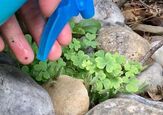








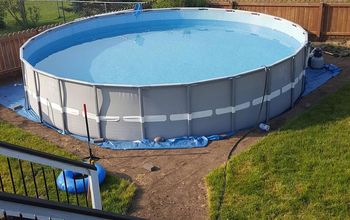
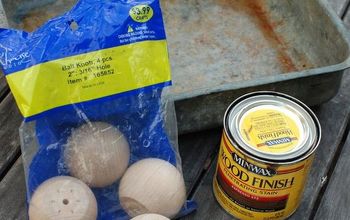



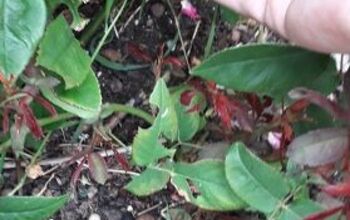
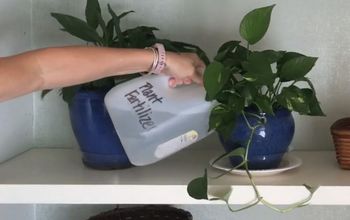
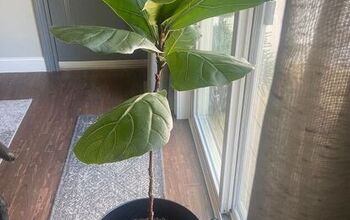

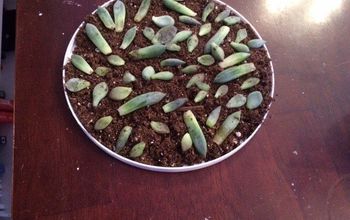


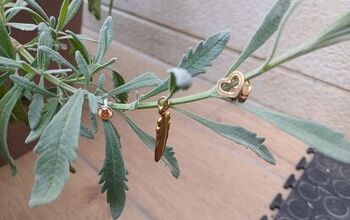



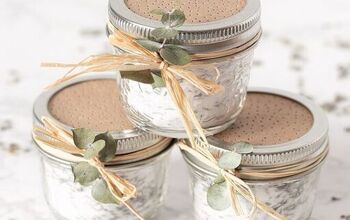






Frequently asked questions
Have a question about this project?
Is milk good for acid-loving plants?
I HAVE A 4FT. FRECKLED IRIS WITH POINTED LEAVES. dONT KNOW WHAT ITS CALLED BUT DUE TO A THIEF NEXTDOOR STEALING MY PLANTS, I WAS FORCED TO PULL IT AND POT IT FOR IN THE HOUSE GROWING. CAN YOU TELL ME HOW MUCH WATER TO GIVE IT AND HOW OFTEN? HAVE IT IN A SHADY WINDOW THAT GETS SUN IN THE EVENING. ALSO WITH THE SAME ISSUE, I HAD TO BRING IN A DARK, ALMOST BLACK LEAVED PLANT THAT GROWS TALL AND BLOOMS PINK BLOSSOM. NOT SURE WHAT TO DO WITH IT EITHER. BOTH ARE IN THE SAME WINDOW. CAN YOU HELP?
How do I keep birds from nesting on my porch